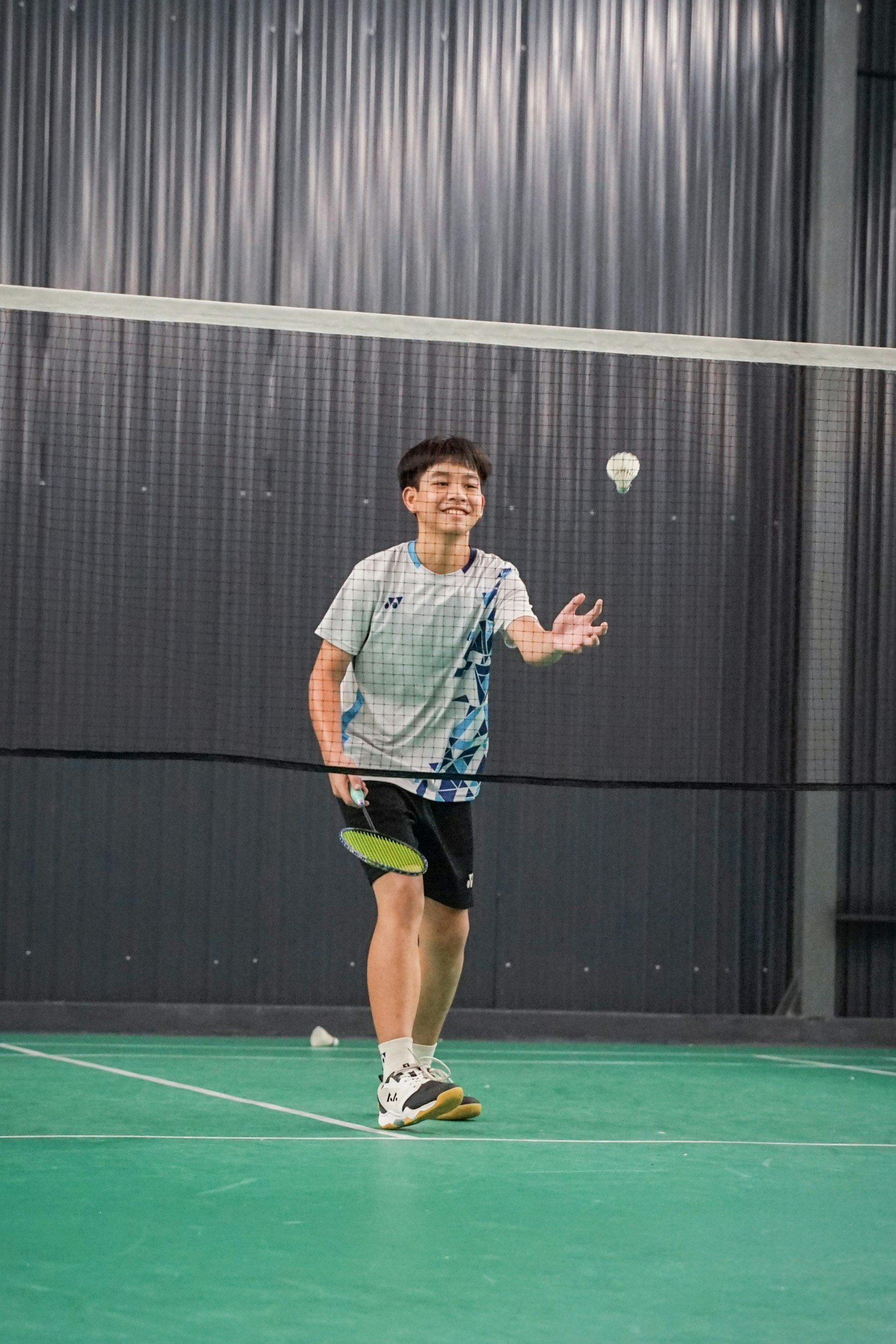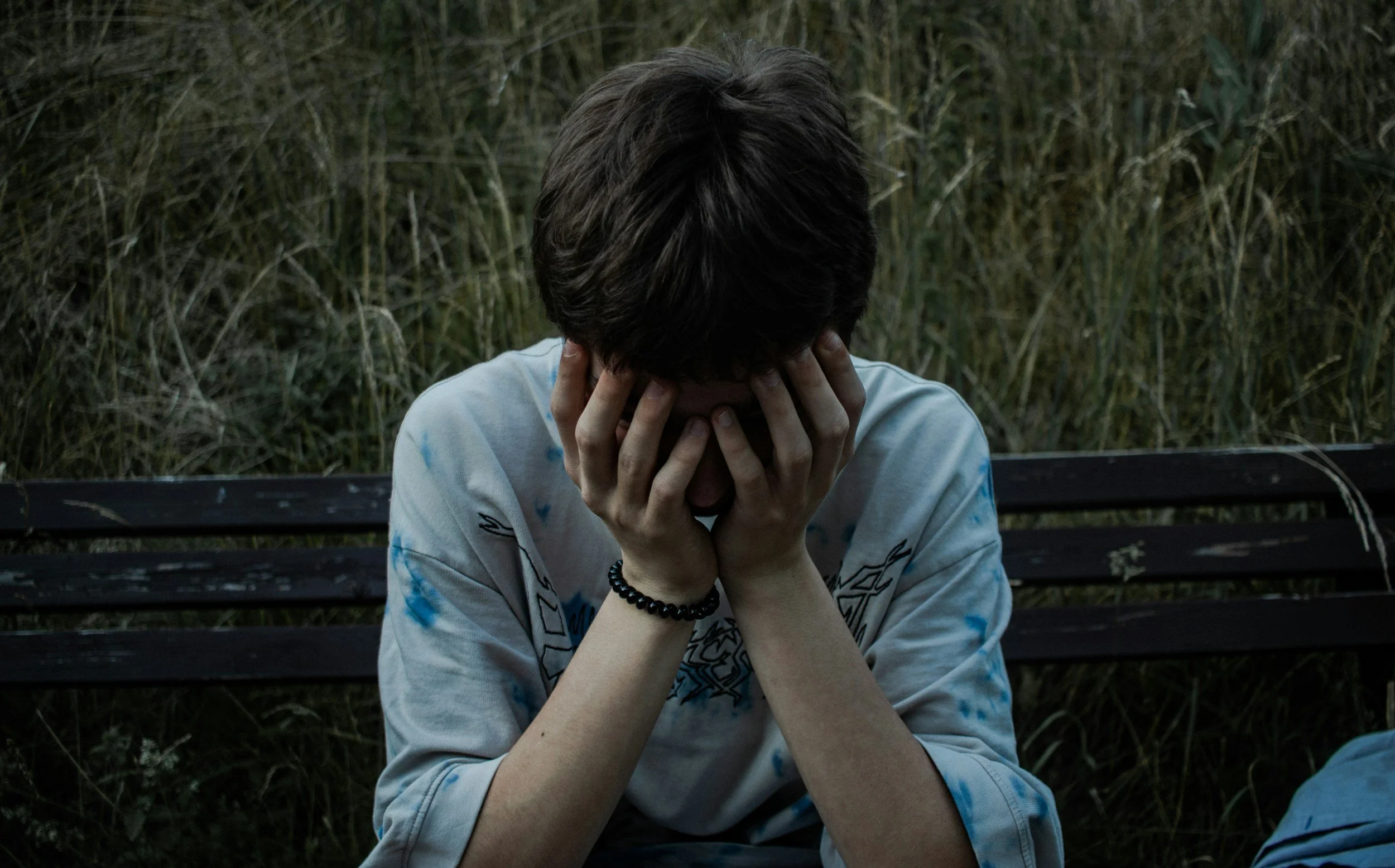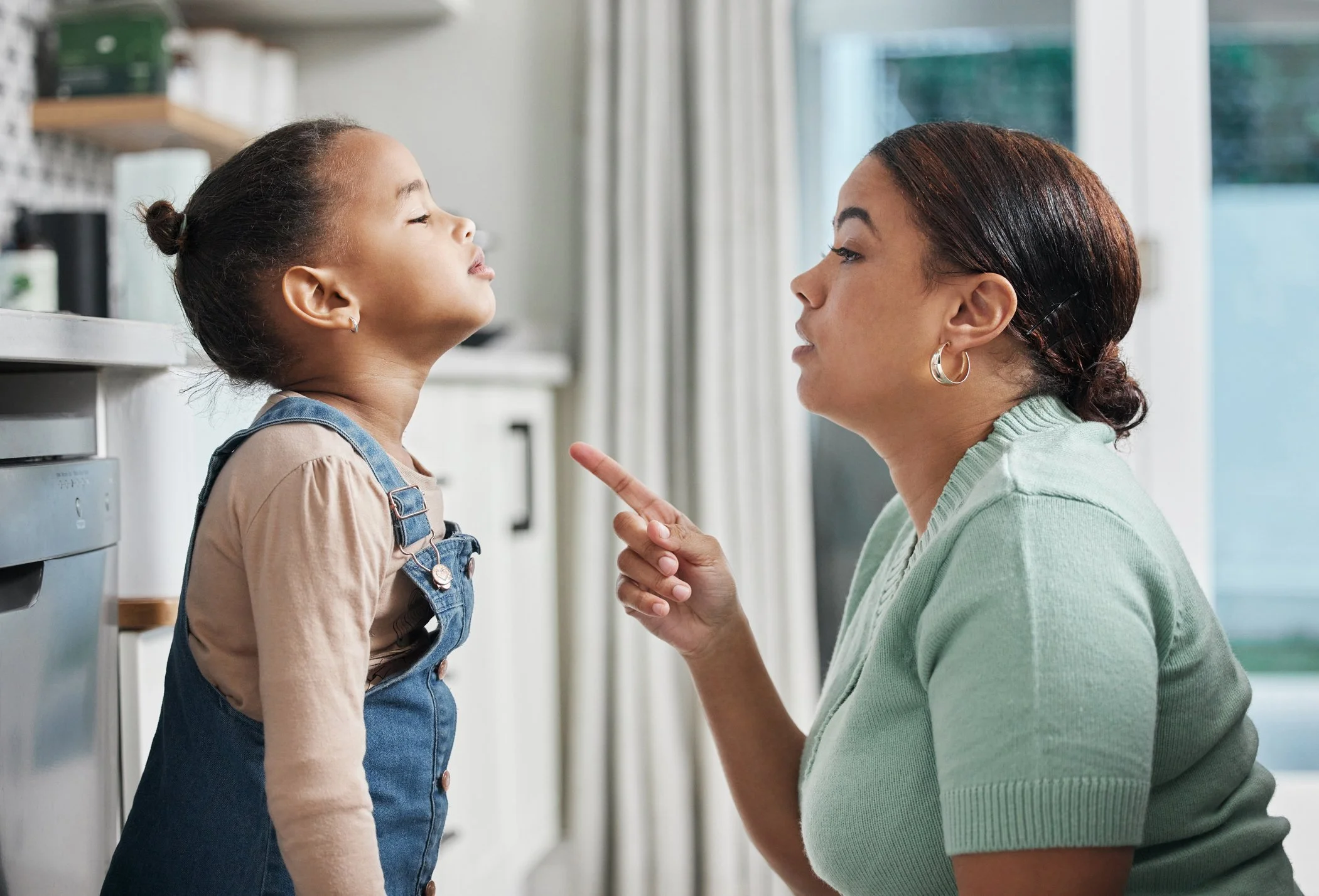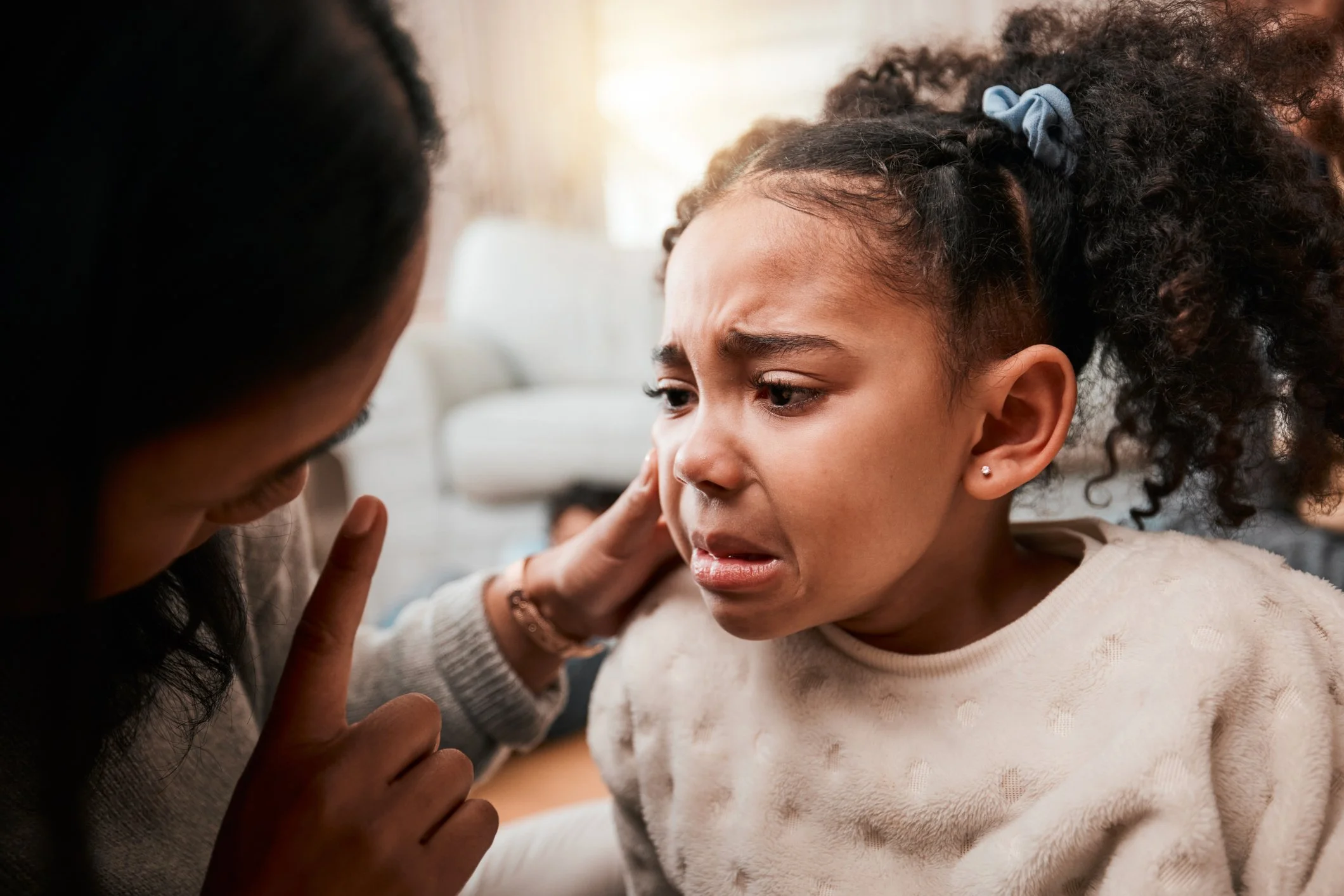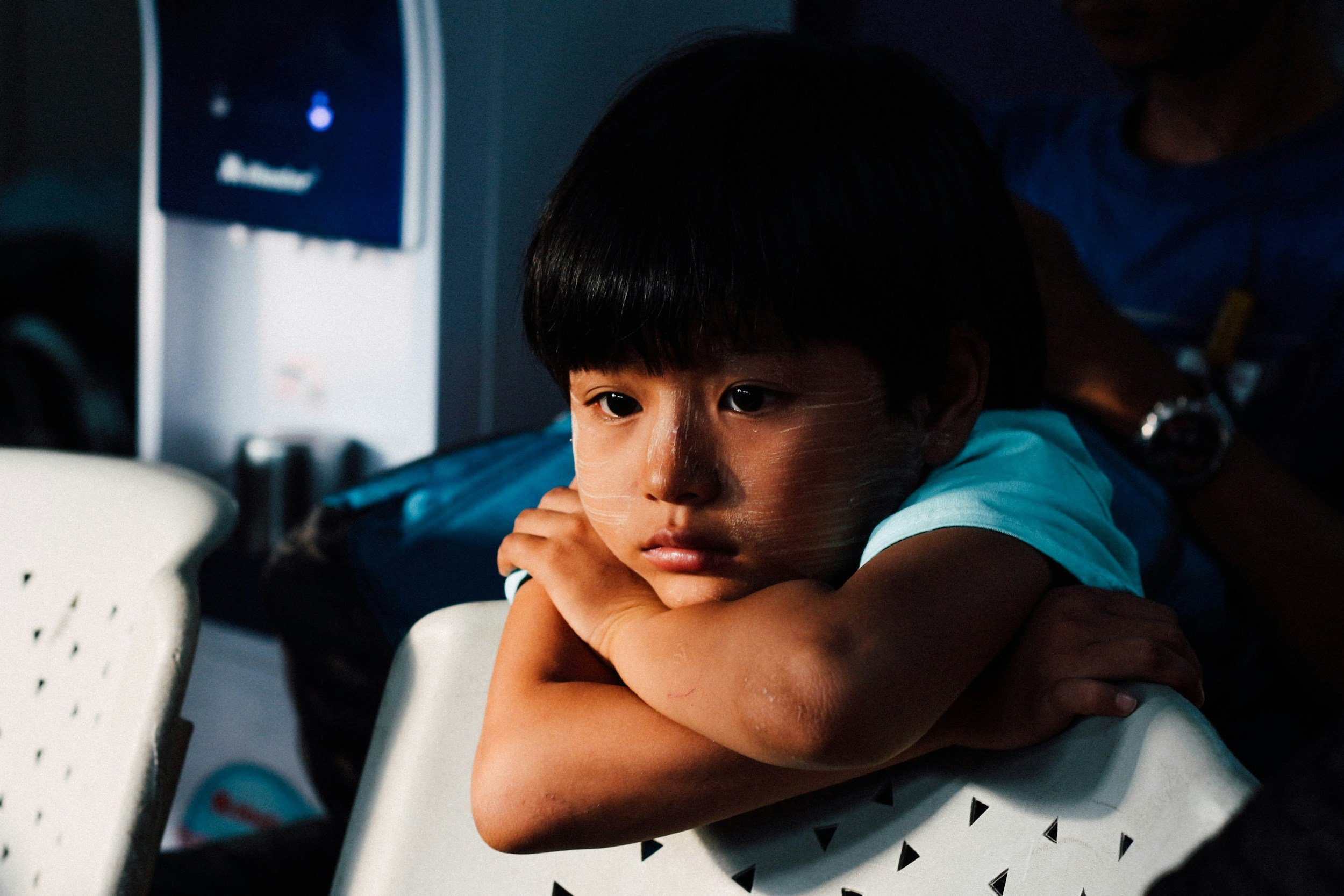Parenting Insights
Practical Parenting Tips for Everyday Challenges
17% of Parents Think Their Kid Will Go Pro—Here's What's Really Happening
Your child shows talent. You invest time, money, energy. But when does supporting their ability cross into fusing their identity to an outcome they may never reach or may not even want? New research reveals what happens when we attach our children's self-concept to singular achievements, and what they actually need from us instead.
How to Teach Kids to Manage Stress: The 3 Skills Resilience Research Shows Actually Work
If you've been doing everything gentle parenting told you to: staying calm through every meltdown, validating every feeling—and your kid still can't handle small frustrations independently, this isn't a parenting failure. It's a strategy gap. Here's what the research on resilience actually shows about building independent coping capacity.
Stop Repeating Yourself: The Neuroscience of Why Kids Don't Listen
You've asked three times and they're still standing there. Here's what's happening in their brain—and why repeating yourself is making it worse.
Why Your Child Gets Chatty at Bedtime (And Why You Shouldn't Rush Them)
You ask about their day at 4pm and get nothing. You ask at bedtime and suddenly they're a documentary narrator with seventeen questions. Here's what's actually happening in their brain—and why this moment matters more than you think.
The 3 Phases of Self-Regulation Your Child's Brain Actually Needs (And Why Most Parents Skip Phase 2)
You're not supposed to prevent meltdowns. You're supposed to help your child learn through them. Here's the neurobiological sequence most parents don't know exists—and why your child can't calm down without you fixing everything.
The Recharge/Retreat Trap: What You're Missing About Your Kid's Alone Time
Your kid retreats to their room after a hard day. Should you follow them or give them space? You've been told "never leave kids alone with big feelings” but you've also been told "respect their need for autonomy." But alone time isn't universally good or bad. What matters is WHY your child is retreating and learning to read the signals that tell you the difference.
New Year's Resolutions Kids Actually Want to Keep
What if your child's New Year's resolution was to try every ice cream flavor or visit all the neighborhood parks? It sounds silly, but the neuroscience says these "ridiculous" goals might be exactly what their developing brain needs. Here's why the best kid goals are the ones that make you roll your eyes.
Why Your Kid Won't Answer "How Was Your Day" (And What Actually Works)
You ask "How was your day?" and get silence, shrugs, or "I don't know." It's not defiance—it's neurology. Direct questions assume developmental capacities your child might not have yet. Here's what actually works, backed by research and field-tested with real kids.
Why Your Child Isn't "Ungrateful"—The Developmental Science of Gratitude
Your child rips through presents without a thank you in sight. Your relative gives a pointed look. You feel the judgment. But here's what the research actually shows: gratitude isn't a manners problem, it's a brain development timeline your child hasn't hit yet. And forcing it early might do more harm than good.
Why Your Child's Holiday Meltdowns Aren't Misbehavior (It's Their Nervous System)
Think your kids are "worse" during the holidays? They're not misbehaving—they're experiencing nervous system overload. Here's the research-backed truth about why December brings more meltdowns, and the surprising role your stress plays in your child's dysregulation.
Four Play Environments Are All Your Child Needs (Science Says Stop Buying More)
Before you add one more item to your holiday cart, read this: May 2025 research on kindergarten free play just revealed that four distinct play environments produce measurable developmental gains across every domain. More than four gave kids nothing. Here's what your child's brain actually needs—and why the enrichment culture has been lying to you.
The Screen Time Conversation Everyone's Having (And The Critical Piece It's Missing)
Everyone's talking about screen time limits and getting kids outside. The advice sounds universal: less screen time, more real-world experiences. But here's what the entire conversation is missing: boys and girls are using screens to meet fundamentally different developmental needs. The same solution that works brilliantly for boys completely misses the mark for girls. If you've tried limiting your daughter's phone and she seems worse or noticed your son won't engage with anything that isn't a screen, this explains why - and what to do instead.
How Much Time Should You Spend with Children to Foster Connection and Secure Attachment?
Building and maintaining connections with your child does not have to be a daunting task or one that takes hours to do. We are all busy parents, and our kids are busy too! But there is no reason to feel shame for being a busy parent or worry you aren’t doing enough to build or maintain your connection and secure attachment with your child. The answer to how much time to spend with your child may surprise you!
The Truth About Only Children: What the Research Actually Shows (And What It Misses About Gender)
Only children have been stereotyped as spoiled, selfish, and socially inept for over a century. But research shows these beliefs are nonsense. Only children face NO significant personality differences from kids with siblings, except stronger parent-child bonds. What they DO face: concentrated expectations, intense parental focus, and unique developmental considerations that look different for daughters vs sons in ways research has completely ignored. Here's what parents need to know about raising only children, what the science actually shows, and the massive gender research gap no one's talking about.
The Hidden Dynamics of Sibling Pairs: How Birth Order + Gender Shape Your Kids' Relationship
Brother-brother pairs are most rivalrous, sister-sister most close. Discover how your specific sibling pairing creates invisible dynamics that last into adulthood.
How Birth Order and Gender Shape Your Child's Development: What Parents Miss About Sibling Dynamics
Everyone's talking about eldest daughters—but your oldest son, younger daughter, and youngest son are navigating their own invisible pressures based on birth order and gender. Here's what parents miss about how patriarchy, biology, and family dynamics shape each child differently (and why it matters for their adult relationships, work, and mental health).
Repair Is the Parenting Superpower No One's Teaching
Most parents think accountability means consequences, but research across neuroscience, attachment theory, and restorative justice shows punishment doesn't build internal capacity for responsibility—repair does. This comprehensive guide breaks down the Repair Framework: what repair actually looks like at different ages, how to facilitate it when you weren't there, why going to the harmed child first matters, and how to implement this approach even when you're busy and dysregulated. Includes the real barrier most parenting advice ignores: your own nervous system. Learn how to track repairs instead of failures, teach your kids bidirectional accountability, and build the relational skills that will serve them for life.
When Kids Can't Read the Room: The Research-Backed Truth About Social Awareness (And Why Teaching It Wrong Creates People-Pleasers)
Most parents think teaching kids to read social cues means getting them to adjust their behavior when we're stressed. New research reveals this approach accidentally creates lifelong people-pleasers instead of emotionally intelligent humans.
Why Your Child's Separation Anxiety Isn't Just a Phase: What's Really Happening in Their Nervous System
Everyone tells you separation anxiety is normal and your child will grow out of it. But what if they don't? What if the "good behavior" everyone's praising is actually your child's nervous system shutting down to survive? Here's what's really happening underneath separation struggles from infancy through school age and the stage-by-stage method that builds genuine capacity instead of forced compliance.
Three Types of Childhood Aggression Parents Miss: Understanding Bullying, Friend Group Dynamics, and Victimization Patterns
Most parents think they understand bullying, but three distinct patterns of childhood aggression require completely different approaches. Understanding the psychology behind each type changes everything about intervention.

